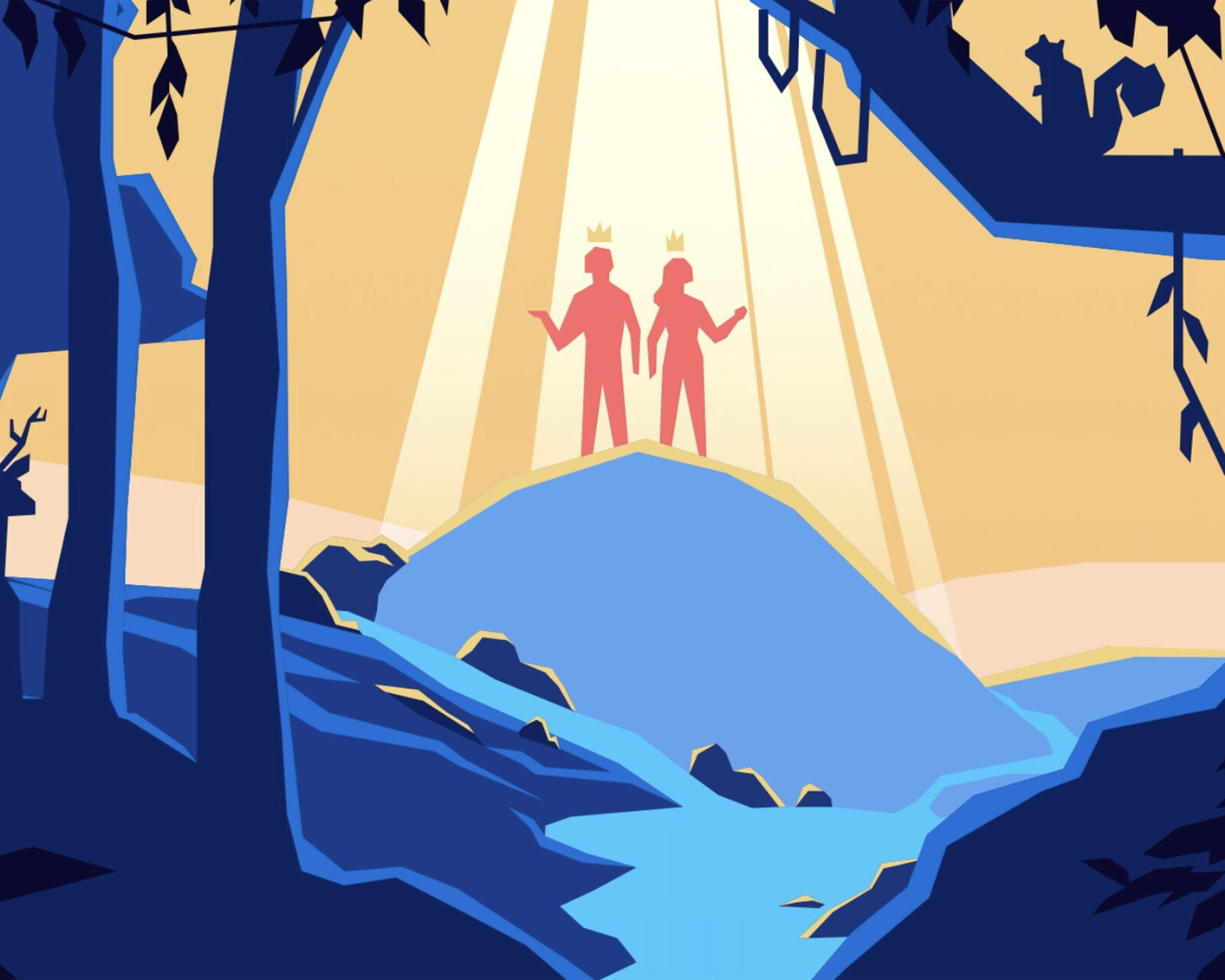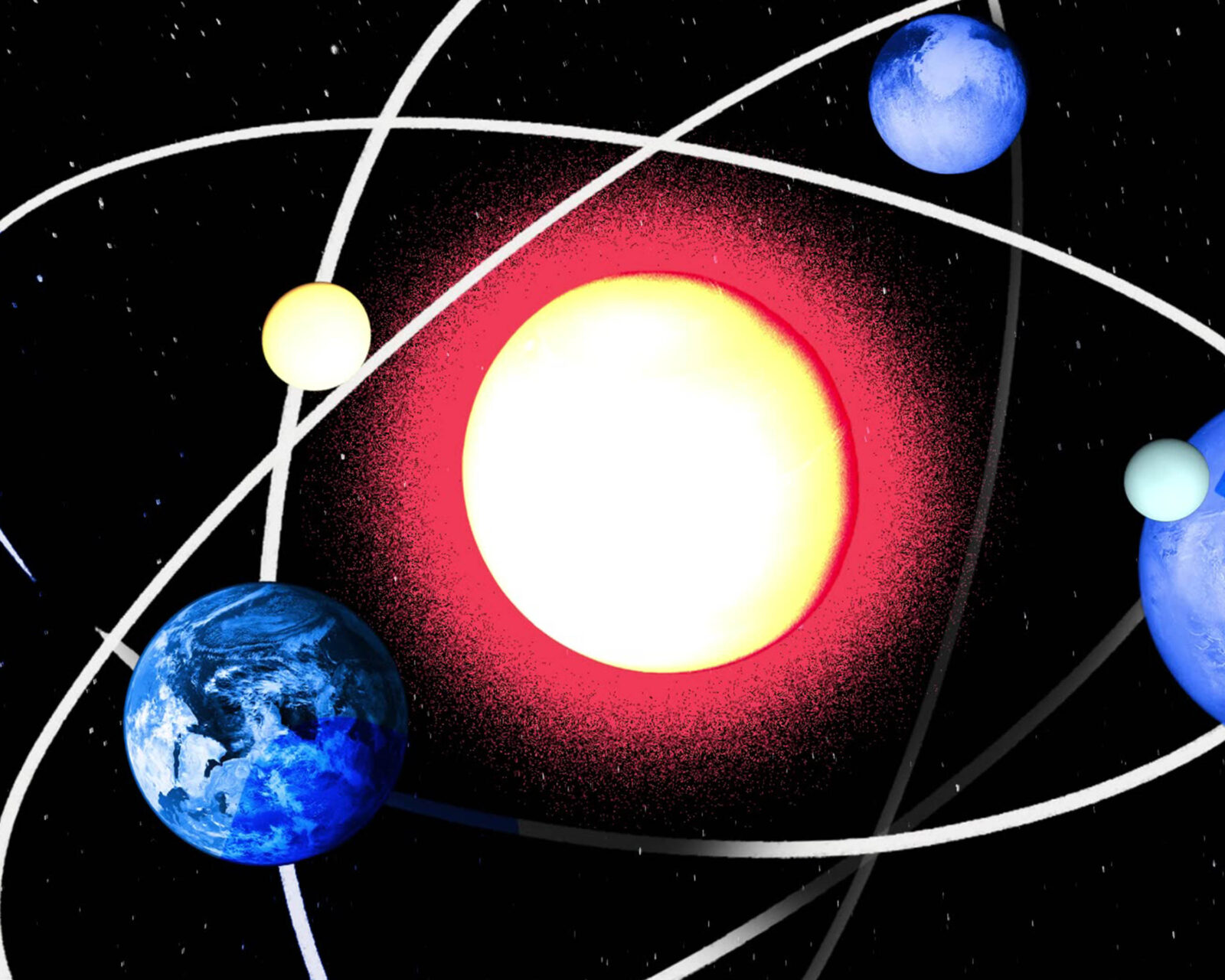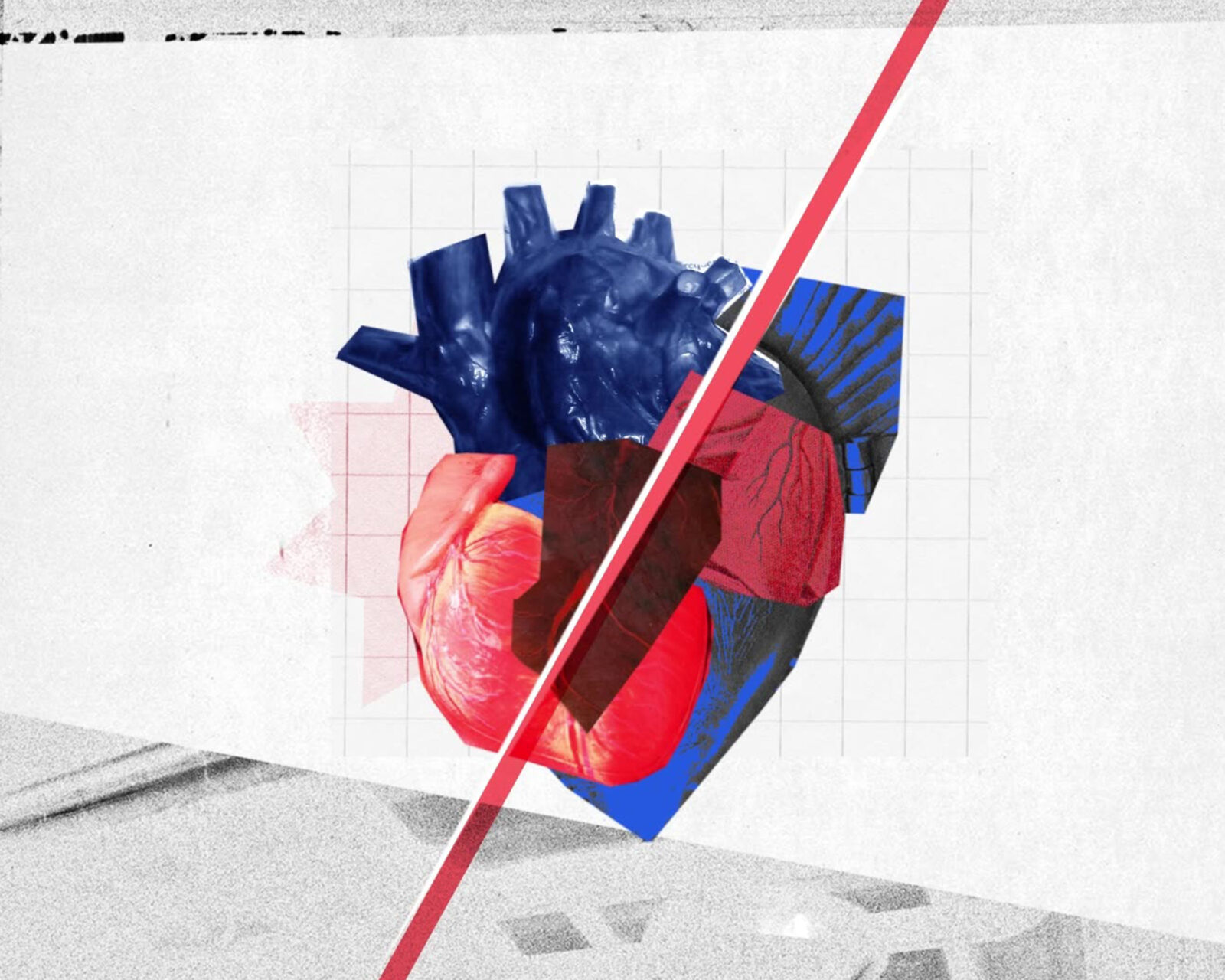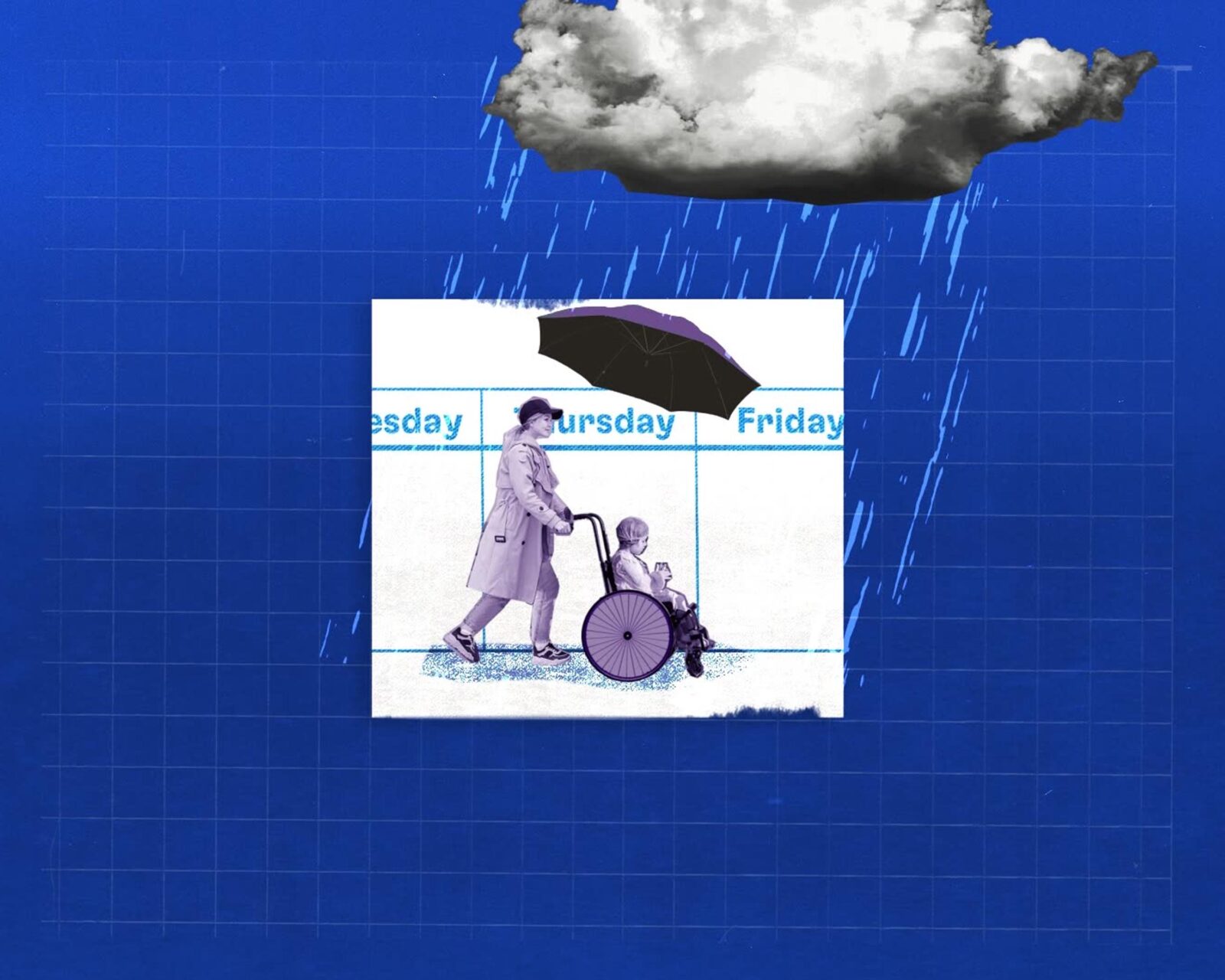Video Transcript
Narrator: With 4 million followers on TikTok, the account @areyouhappy has a really simple premise. A person holding a phone walks up to random people on the street and asks them the disarming question: “Are you happy?” The answers people give are as varied as the number of posts. Some people immediately say they’re happy. Some aren’t as sure. Some people say they are happy because of the relationships they have, or the type of life they live, or because they help others. What’s interesting is there are more than a few people who don’t seem to believe happiness really exists, or at least that it never lasts. “Selectively and periodically,” answered one woman. “I don’t believe anyone is truly happy.” The person holding the camera asks this particular woman “So what do you do when you’re not happy?” The woman thinks, then replies “I distract myself.”
The problem of finding happiness has been contemplated for thousands of years and is frustratingly complicated. The single-minded pursuit of our own happiness can often paradoxically create in us a selfish obsession with our own gratification that can never be satisfied. And then there’s the problem of the seemingly temporary quality of happiness. Even the most happy moment quickly fades into memory, and we’re left seeking happiness all over again.
Leo Tolstoy’s main character in his novel The Death of Ivan Illich this lesson too late. Tolstoy wrote many books in which the characters desperately try to attain happiness in a variety of ways. On his deathbed, Illich realizes that pursuing happiness through his career caused him to neglect his family and his soul. Tolstoy’s novels seem to paint a very clear picture of reality: that to pursue happiness often results in a deep unhappiness.
Self-help books and gurus tell us to “do what makes you happy”. But this still leaves us with the problem of defining happiness. The idea that happiness is the pursuit of pleasure and the reduction of pain was explored in the ancient Greek philosophy of hedonism. We could try to identify things that make us unhappy, and say that happiness is an absence of these negative qualities. Therefore, the hedonists held, we can find happiness by merely seeking out pleasurable experiences.
But then we’re still left with the constant unending vigilance of avoiding pain and seeking pleasure. And what about the experiences of happiness that come with suffering or sacrifice? Things like childbirth, or love? These things also require that we have relationships with other people, not just experiences of pleasure in isolation.
One of the longest studies ever conducted set out to try to answer the question of what makes a good life. The Harvard Study of Adult Development followed more than 700 American men of a variety of backgrounds from the late 1930s until the early 2000s. The study made note of their careers, home lives, relationships, and even their health. They checked in on these participants every two years to see their overall happiness.
Author Robert Waldinger wrote a book summarizing the findings of this study called The Good Life: Lessons from the World’s Longest Scientific Study of Happiness. In a TED talk with over 42 million views, Waldinger explained that it wasn’t money, fame, experiences, or stuff that ultimately made people happy. “Well, the lessons aren’t about wealth or fame or working harder and harder. The clearest message that we get from this 75-year study is this: Good relationships keep us happier and healthier. Period.”
Waldinger summarized three key lessons from this study. First, having social connections is better for our health and well-being. The data suggests that loneliness leads to a shorter life span compared with people with healthy and life-giving relationships. Second, having higher-quality close connections is more important for our well-being than the number of connections. Quality friendships are more important than the quantity of friends. And third, having good relationships is not only good for our bodies but also for our brains.
It seems that ultimately our pursuit of happiness points us right back to other people. But now we are left to ask ourselves some questions, not about the nature of happiness, but about the nature of happy relationships. What makes for good, healthy, and life-giving relationships? How should we treat one another? And how do we find, through these relationships, true and lasting happiness?




